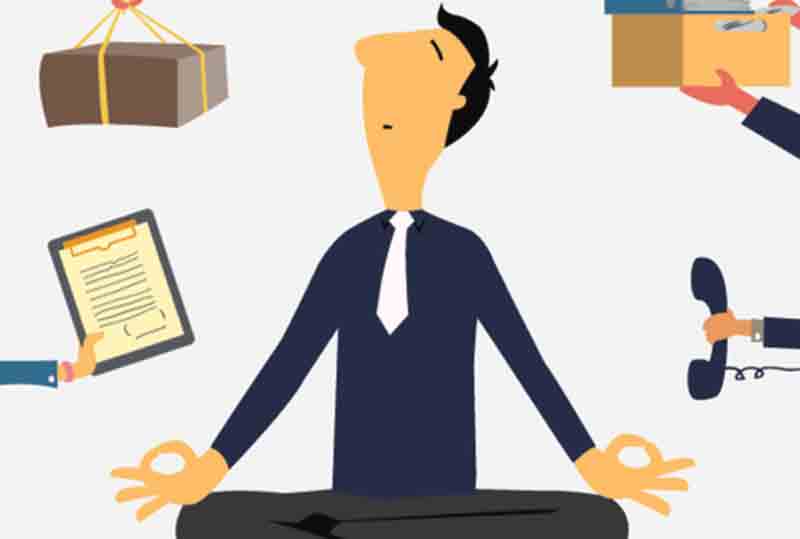How to Lower Blood Pressure Naturally with Simple LifeStyle Changes

For most people with high blood pressure, your healthcare provider will develop a treatment plan that may include healthy lifestyle changes, alone or with medication. A risk calculator can help you calculate your risk of complications and choose the appropriate treatment. Your provider and a team of experts can help you achieve optimal blood pressure management and prevent complications. That team may include your regular doctor or provider, a nutritionist, a pharmacist, and a specialist in any condition you have, including conditions related to the heart.
If you have high blood pressure, you must adopt a heart-healthy lifestyle to help lower and control your high blood pressure.
- Choose heart-healthy foods. A healthy and fat free diet rich in fruits, vegetables, whole grains, and low-fat dairy products can help lower blood pressure. Avoid foods which are high in saturated and trans fats, salt, and sugar.
- Avoid or limit alcohol consumption. Talk to someone in your family about how much alcohol you drink. You may need to limit or stop drinking.
- Get regular physical activity. Getting the adequate amount of physical activity each week has many health benefits. Some studies have shown that physical activity can help reduce and control high blood pressure levels. Even in small amounts, physical activity can help. Before you start any exercise program, ask your healthcare provider what activity level is right for you.
- Try to maintain a healthy weight. If you are an adult who is overweight or obese, losing 5% to 10% of your starting weight over six months can improve your health. Even losing 3% to 5% of your weight can improve your blood pressure.
- Stop smoking. Smoking can damage the blood vessels and raise blood pressure. Quitting smoking can help lower blood pressure.
- Manage stress. Learning to manage stress and deal with problems can improve your physical and mental health. Learning relaxation techniques, talking to a therapist, and finding a support group can help.
- Get plenty of quality sleep. The recommended amount for sleep for adults is 7 to 9 hours per day. To develop healthy sleep habits, go to bed and get up simultaneously, have a relaxing sleep routine, and keep your bedroom cool and dark.
- Take medications as prescribed: If lifestyle changes alone are not enough to lower blood pressure, your doctor may prescribe medications such as diuretics, beta-blockers, ACE inhibitors, or calcium channel blockers. Take these medicines as prescribed and follow up regularly with your doctor.
It’s important to note that lifestyle changes may take time to affect blood pressure, and medication may be necessary to bring blood pressure under control quickly. Always consult with a healthcare professional before changing your diet, exercise routine, or medication regimen.




